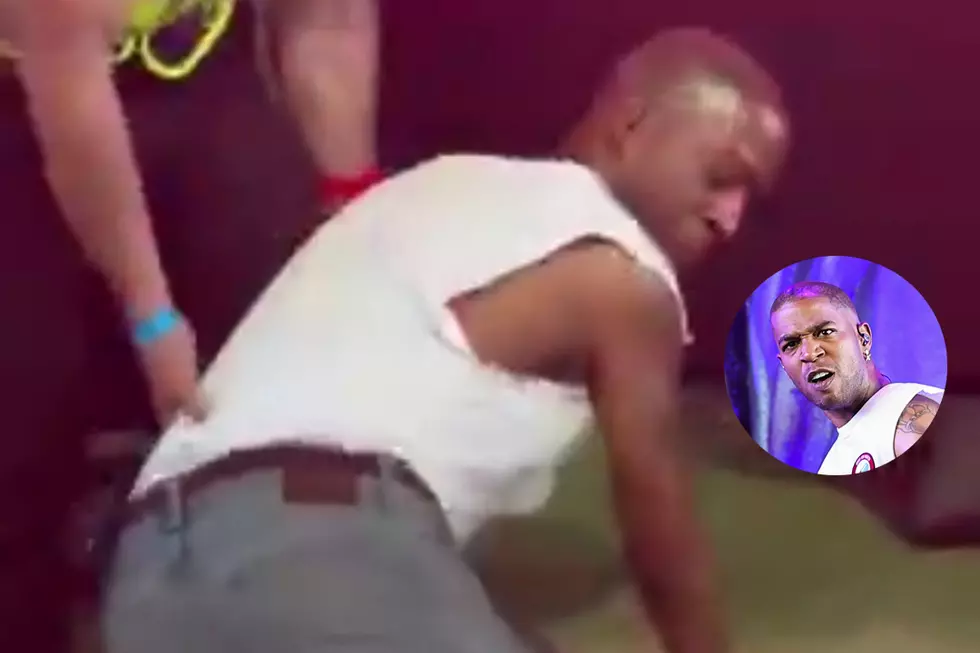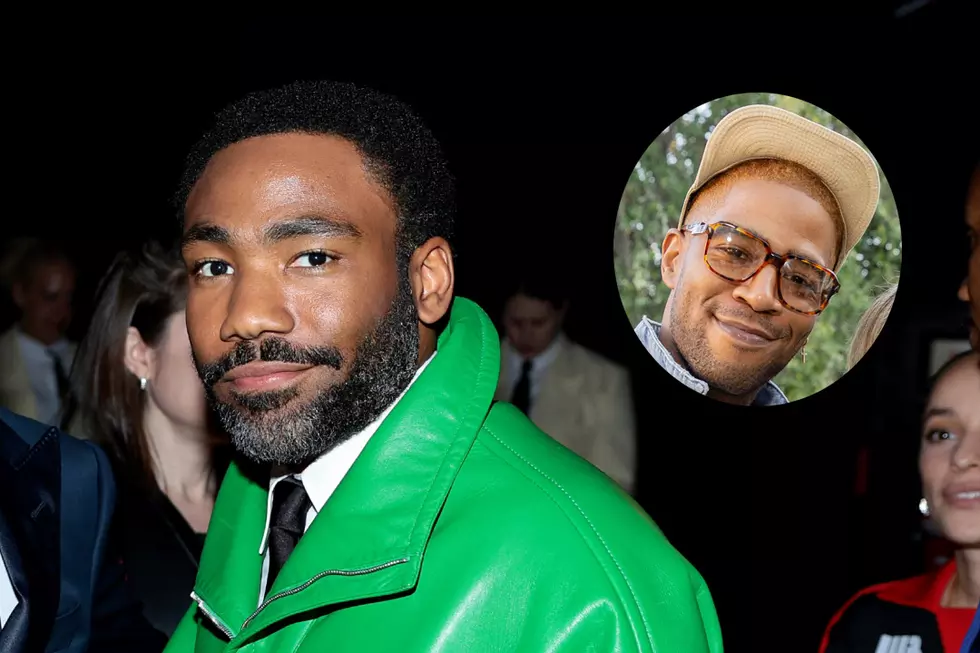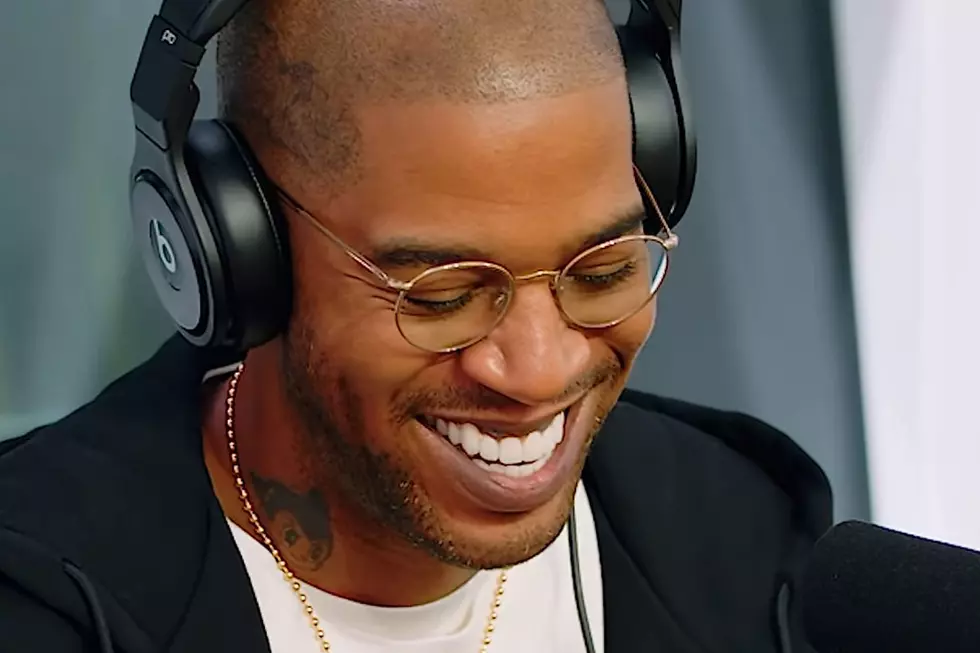
Album Review: Kid Cudi, Indicud
When Kid Cudi first announced his third solo LP, Indicud, he likened it to his own version of Dr. Dre's classic 2001. A lofty comparison, sure, but Cudi clarified that he planned on embodying Dre's behind-the-scenes mastermind persona, and in a way curate a collaborative album. "Some things I'll produce, others i'll feat &/or play songwriter" he tweeted. From early reports of possible Indicud contributors, it looked like Cudi was pulling together a diverse crew of artists for a project that would end up being an indie all-star show. But the resulting album, the release of which was pulled up a week due to an early leak, is less a curatorial effort than just another Kid Cudi album that exclusively features his own production this time around.
Indicud is an at-times very good album, but it's certainly no 2001. This isn't because of a lack of ingenuity or creativity on Cudi's part, but rather because the decision to act as the project’s sole producer didn’t do him any favors. Simply put, he’s not nearly as good of a producer as Dre. Looking back at the timeline of how this album came together, it appears that Cudi took up producing shortly after the release of his experimental rock album, WZRD, and hints of his inexperience are scattered throughout the album. Production wise, Indicud’s highlights are mildly interesting at best, the duds repetitively derivative and boring.
Sometimes the simplicity works in Cudi's favor. "Just What I Am," a teaser single he released months ago, is really just a few synth lines over a layered, extra-basic drum beat. It's more foundation than landscape, but it lets his vocals (both sung and rapped) shine. The same can be said for "Brothers," where Cudi, King Chip and A$AP Rocky trade off barbed verses over some erratic, monotonous production. Maybe this is the point, to let the lyrics - which seldom explore further than Cudi’s usual blend of depression, nihilism, and warped confidence - speak for themselves. Still, it's not what fans have come to expect, namely because what marked the brilliance of his first two MOTM installments was the combination of imagery and vocal prowess with the sometimes-expansive, sometimes-pitch-black beats molded around him by producers Emile and Dot Da Genius. The unfortunate absence of outside producers is most felt on "Solo Dolo, Pt. II," a sequel to the standout from Cudi's debut. The idea and intention here are great, but leaving out the original’s producer, Emile, results in a missed opportunity. The beat’s spooky, over-the-top, and skippable.
What Indicud lacks in production value, it makes up for it in a solid trio of great songs, all impressive for different reasons. "Immortal," the initially super-catchy third single from the record, becomes an incessantly-repeatable battle cry for independence with time. "Cold Blooded" is a vicious mission statement that's essentially an amped-up, more direct version of Cruel Summer's "Creepers" and "Afterwards," a nine-minute jam session, is both groovy after-party music and a mind-bendingly dark trip through the recesses of an acid come down. Indicud also contains a few unlikely sleepers like the Too $hort-featuring "Girls" and the space-age instrumental "New York City Rage Fest," which is sure to soundtrack some upcoming episode of Girls, in which the ladies do a bunch of coke and argue about friendship.
As a whole, Cudi's version of 2001 is an original and bold project, and the group of collaborators he was able to pull together to create it is impressive. But for every interesting feature - all-girl rock outfit Haim, rap legend RZA, and Michael Bolton (!) - there are just as many appearances from King Chip, Cudi’s long-time collaborator who's had every chance to succeed but continues to bore. Regardless, this ambitious project doesn't fall flat, and credit is due to Cudi for continuing to challenge himself post-WZRD, taking on a new skill-set and concept rather than throwing together a collection of identically moody anthems.
If you’re willing to suspend preconceived expectations, Indicud is an album that really does get better with time. Fans should be happy to hear their hero return to form and provide them with a lengthy body of work to pore over until he revisits and completes his Man on the Moon trilogy. —Dan Buyanovsky
More From XXL









